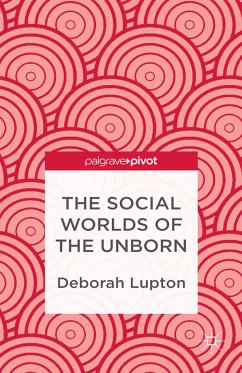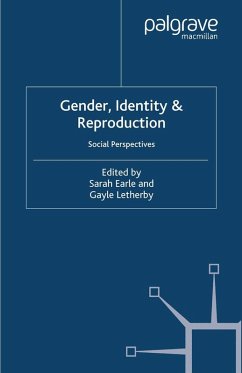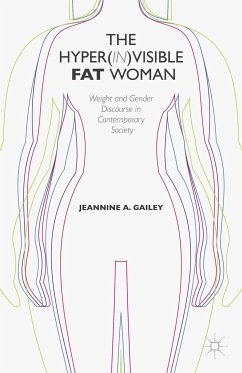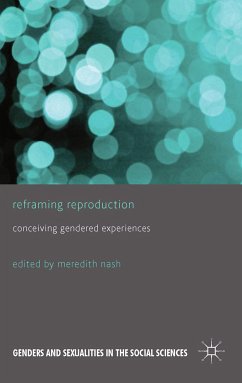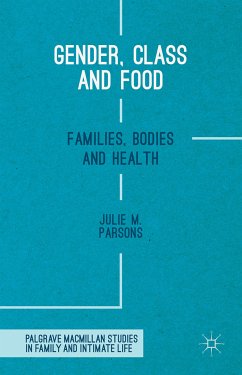
Gender, Class and Food (eBook, PDF)
Families, Bodies and Health
Versandkostenfrei!
Sofort per Download lieferbar
32,95 €
inkl. MwSt.
Weitere Ausgaben:

PAYBACK Punkte
16 °P sammeln!
Everyday foodways are a powerful means of drawing boundaries between social groups and defining who we are and where we belong. This book draws upon auto/biographical food narratives and emphasises the power of everyday foodways in maintaining and reinforcing social divisions along the lines of gender and class.
Dieser Download kann aus rechtlichen Gründen nur mit Rechnungsadresse in A, B, BG, CY, CZ, D, DK, EW, E, FIN, F, GR, HR, H, IRL, I, LT, L, LR, M, NL, PL, P, R, S, SLO, SK ausgeliefert werden.





